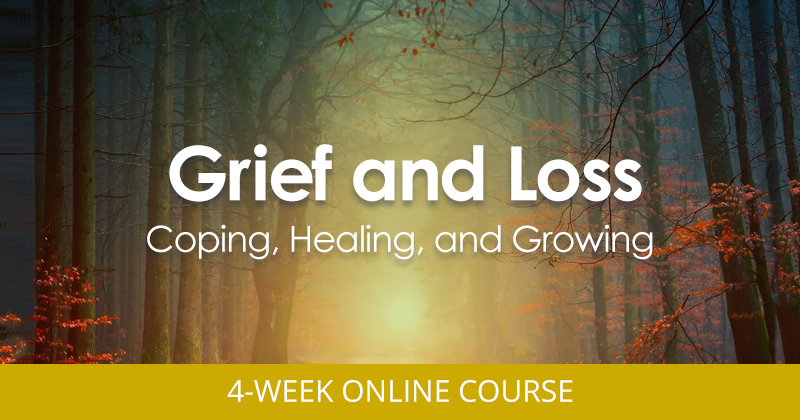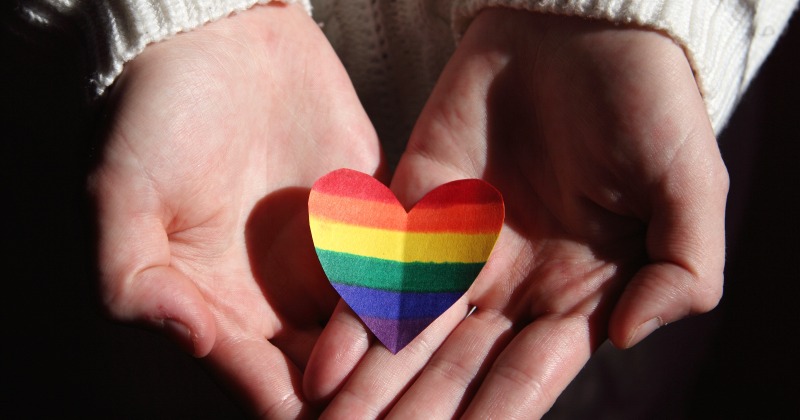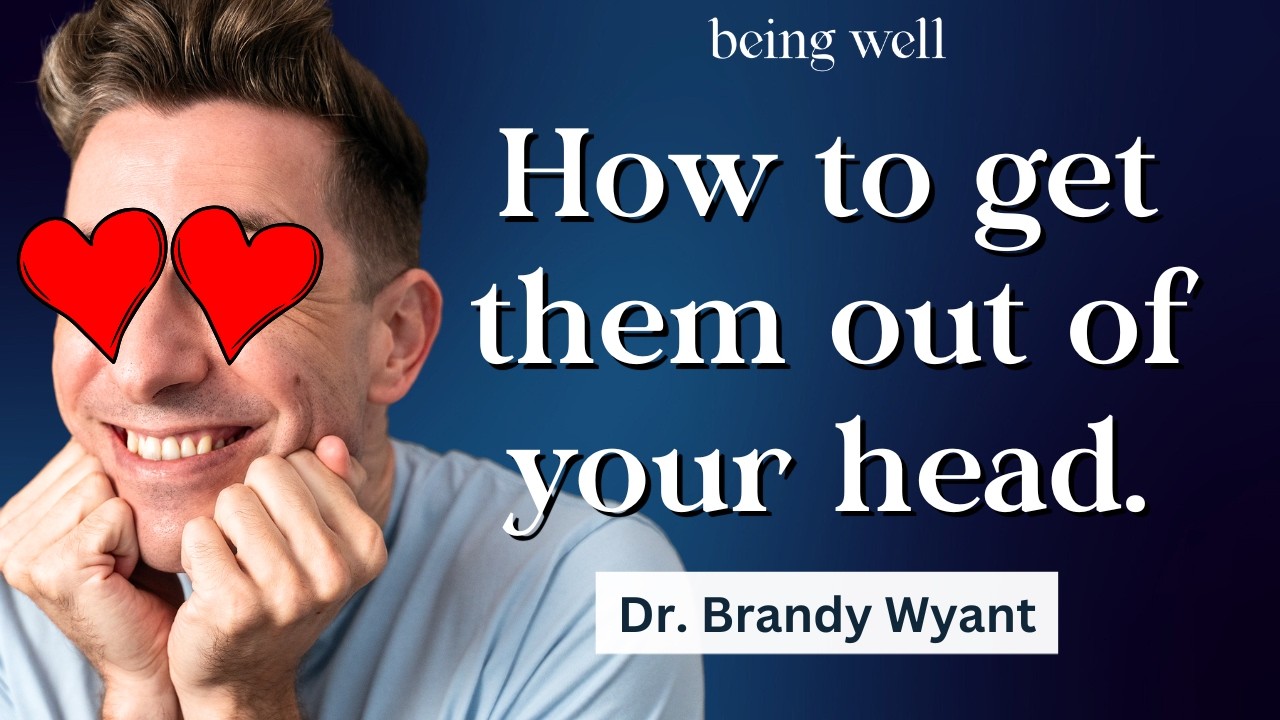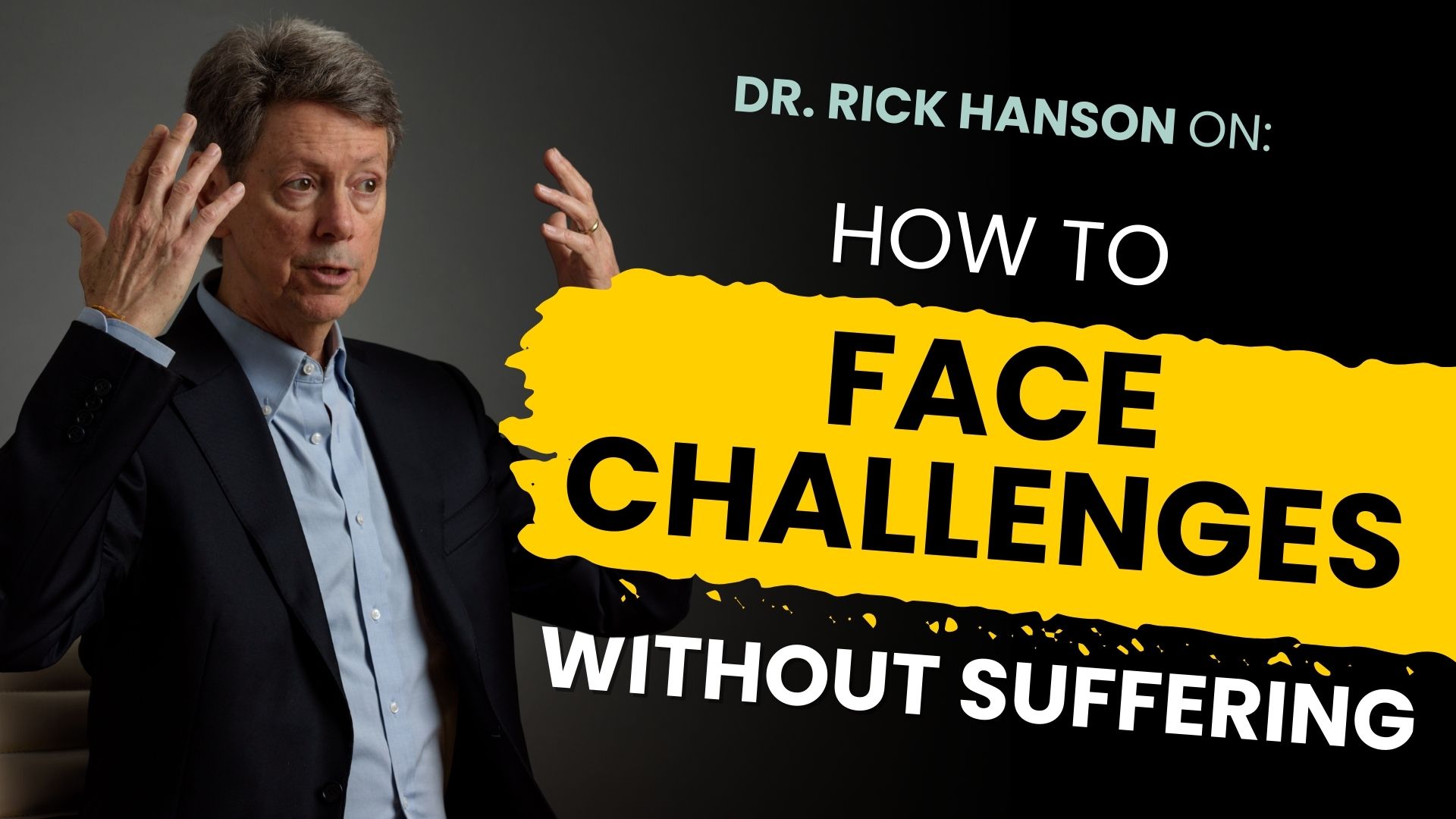Note: This is the second article in a 4-part series on Virtuous Conduct as the Foundation of All Happiness that also includes:
- Part 1: Do’s and Don’ts of Virtuous Conduct
- Part 3: Not Harming by Not Externalizing Costs With Special Reference to the COVID Pandemic
- Part 4: The Three Foundations of Healthy Groups From Families to Nations
You can also watch the video of this teaching, and do the guided meditation that accompanies it.
Non-Harming
Now I’d like to step back from the details of virtuous conduct and focus on a major, big picture theme: “non-harming, applied both to others and oneself.”
This principle runs throughout the Five Precepts. It’s a bedrock principle in health care, and in professional practice, such as being a therapist.
Intent and Impact
Whether it’s them harming you or you harming them, there is an extremely useful distinction between intent and impact. Sometimes the intentions behind what people do to us are neutral or even benign. And yet harms can still be done.
This distinction between intent and impact helps to free us from dead-end arguments about whether “you did on purpose” or not. Bottom-line, what were the effects, what were the consequences?
Harming Others
In everyday life, we’re usually pretty aware of how we feel harmed by others. (I’m not going to get into the question of whether harms were actually inflicted.) It’s often small things that add up over time, such as being routinely teased in a schoolyard or interrupted by someone at work or criticized by your partner. And sometimes a single big thing such as being sidelined for a promotion because you’re a woman or targeted by a cop because you’re black.
In recent talks I’ve started to explore what to do with people who are harming you, and this is a topic I’ll engage in depth in the months to come. But for right now, how about being aware of how we are harming them? Including in small everyday ways with our righteousness, unregulated anger, overstepping boundaries, and being dismissive?
So, again, let’s pause for a bit and take stock.
Reviewing your life these days, and considering the year to come, what stands out to you as significant ways that you could be harming others. Particularly the people that you know personally. What are your intentions and resolutions about this for 2022?
Externalizing Costs
Now I’d like to focus on a particular way that people can harm others.
In economics, it’s called externalizing costs. An individual – or organization, or group of people, even a country – incurs costs of some kind, and then instead of handling those costs themselves, they push them downstream onto others.
A simple example is someone getting a sandwich wrapped to go from a deli, and then tossing the wrapper out the window as they drive home. The cost was the wrapper, now littering the highway instead of being put into a garbage can.
Another example is getting stressed about something and then dumping the upset on your partner, instead of processing it internally or in skillful ways out loud.
In other words, clean up your own mess. In plain English, don’t dump your shit on others.
Is this basic idea of not externalizing costs onto others clear? Can you see how important it is? You don’t like it when others push their costs of various kinds downstream onto you; similarly they don’t like it when you push your own costs downstream onto them.
Harming through Larger Systems
More broadly, if we are serious about not harming, we need to look at larger systems and processes that harm us and others. For example, in America we can see centuries of terrible mistreatment of native people, African-Americans, and other people of color, with ongoing issues and consequences still today. If you have structural advantages in your country – as I have had and still do for example, as a cis-gender straight white male – those advantages for you are based on unfairly disadvantaging others.
Another key example is any kind of economic or political system that enables small numbers of people to harm large numbers of people. Such as:
- loopholes that enable wealthy individuals to pay as much in taxes as their lowest paid employee
- gerrymandering and other manipulations that give disproportionate power to rural white people in America and create a kind of minority rule against the policy preferences of the majority of the country
In the economy, there are also many examples of externalizing costs, such as factories dumping their pollution into a river or the sky – instead of paying the price of cleaning up their own mess.
Being aware of these facts is NOT inherently political. It is factual. If one political party is deeply entwined with major forces in a country that externalize their costs onto others, that’s another simple fact. In the framework of this presentation, how we regard these facts and what we do about them is a matter of personal practice, and I encourage you to keep engaging this material at your own personal level of practice: what you do “in here” about what’s “out there.”
Recognizing these externalized costs – and recognizing how they harm us, and also recognizing our own participation in these costs to others – may feel exhausting and disheartening, or prompt defensiveness or anger, or frustrated fantasies of payback and vengeance.
Try to be aware of your personal reactions. And keep in mind that the deep root of suffering and harm is ignorance, and that seeing clearly – the meaning of the word Buddha – is the path and the fruit of awakening.
Externalized Costs in the Climate Crisis
Now I’d like to talk about an obvious example of externalized costs – the climate crisis.
One aspect of it is that petrochemical companies and their economic and political allies have made and are making and will make enormous profits from fossil fuels – whose costs include over a hundred million tons of carbon dioxide and other greenhouse gasses poured into the sky each day.
There are uncertainties about the exact pace of the consequences – and some use those uncertainties to sow doubt and muddy the water. But the fundamental physics of adding greenhouse gasses is indisputable: there has been and will be an inexorable and inevitable heating of our planet.
The near-universal scientific consensus is that humanity’s current behavior will produce “only” an average increase of about 5 degrees Fahrenheit by the end of the century, and with additional warming in the century after that.
Inexorably and inevitably, this will lead to vast harms to the weather, food supplies, sea level rise, mass species extinctions, famine, climate refugees, war, and worse.
These harms are already beginning to happen, but the business executives and politicians who are reaping the benefits of petroleum can avoid these costs in their air-conditioned homes and business suites. They can move to higher ground or cooler regions. The current costs are already being externalized.
Further, the really intense harms to come will not be faced or felt by almost everyone supporting fossil fuels today. They are being externalized into the future for many generations: for our grandchildren, and their grandchildren, and beyond for the next hundreds if not thousands of years.
One of the most basic things we teach our children is to manage their own excrement. Basically: don’t poop in the street. Whether from petrochemicals or other sources such as factory farming, greenhouse gasses are like pouring excrement up into the sky, with consequences inevitably raining down upon billions of people these days and for centuries to come – particularly upon the most impoverished and vulnerable of our fellow humans.
We can take individual actions to reduce our personal carbon footprint. You’re undoubtedly familiar with many of these such as walking instead of driving, shifting toward electric vehicles, getting solar power, eating less beef, and purchasing carbon offsets. We can hold these actions not as guilt-driven shoulds but as forms of sila, forms of virtuous conduct that we undertake as trainings, as ways to reduce suffering and foster happiness for ourselves and others.
In addition to individual efforts to reduce greenhouse gasses, there remain huge industrial, agricultural, and political forces to address as well. As we contemplate our intentions for this new year, a very powerful and far-reaching way to reduce harms and practice virtuous conduct is to push for the policies and laws that will draw down – as Paul Hawken outlines it in his marvelous book of that title – and reverse the forces driving global warming.
This is the second article in a 4-part series on Virtuous Conduct as the Foundation of All Happiness that also includes:
- Part 1: Do’s and Don’ts of Virtuous Conduct
- Part 3: Not Harming by Not Externalizing Costs With Special Reference to the COVID Pandemic
- Part 4: The Three Foundations of Healthy Groups From Families to Nations
You can also watch the video of this teaching, and do the guided meditation that accompanies it.




